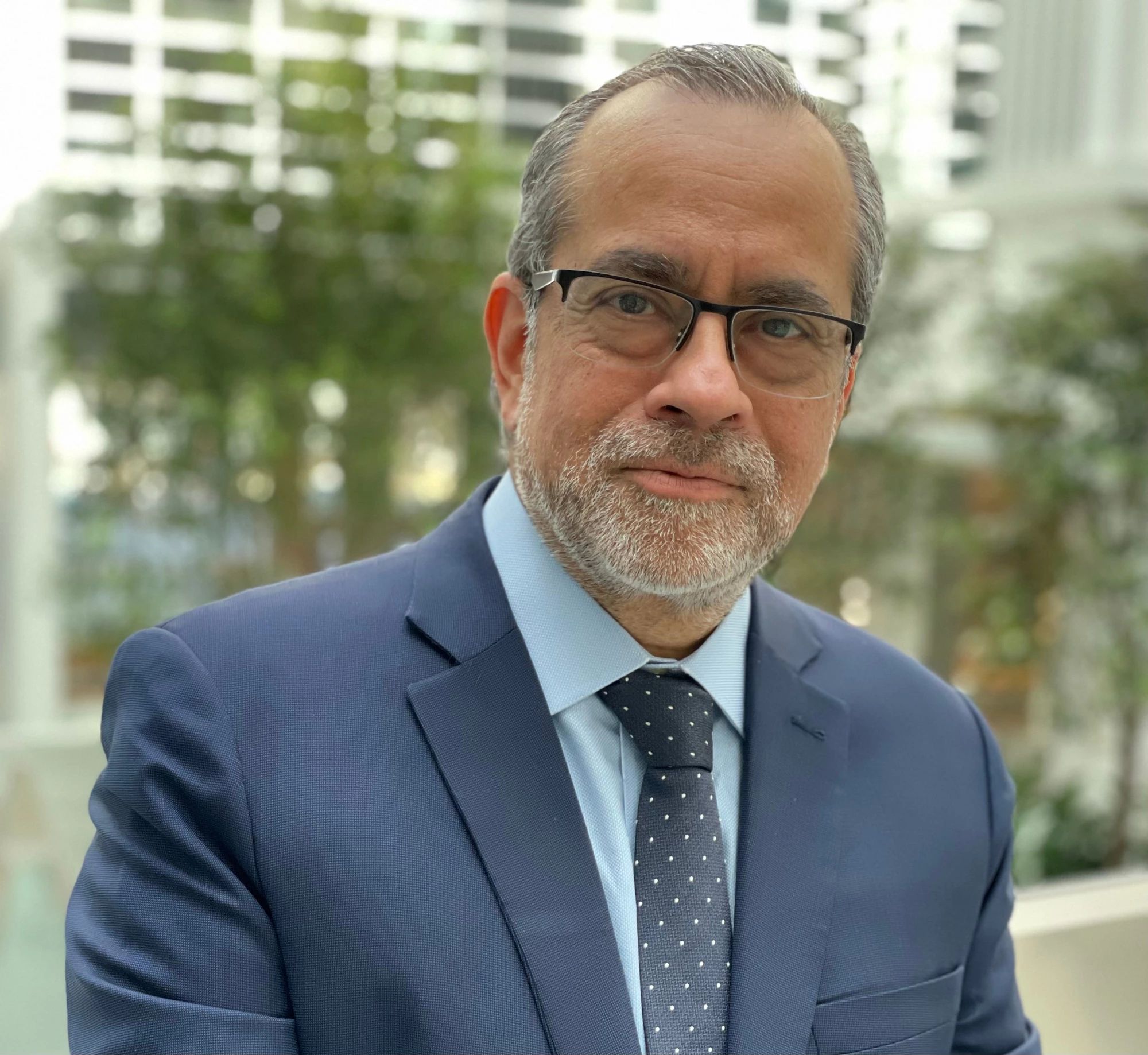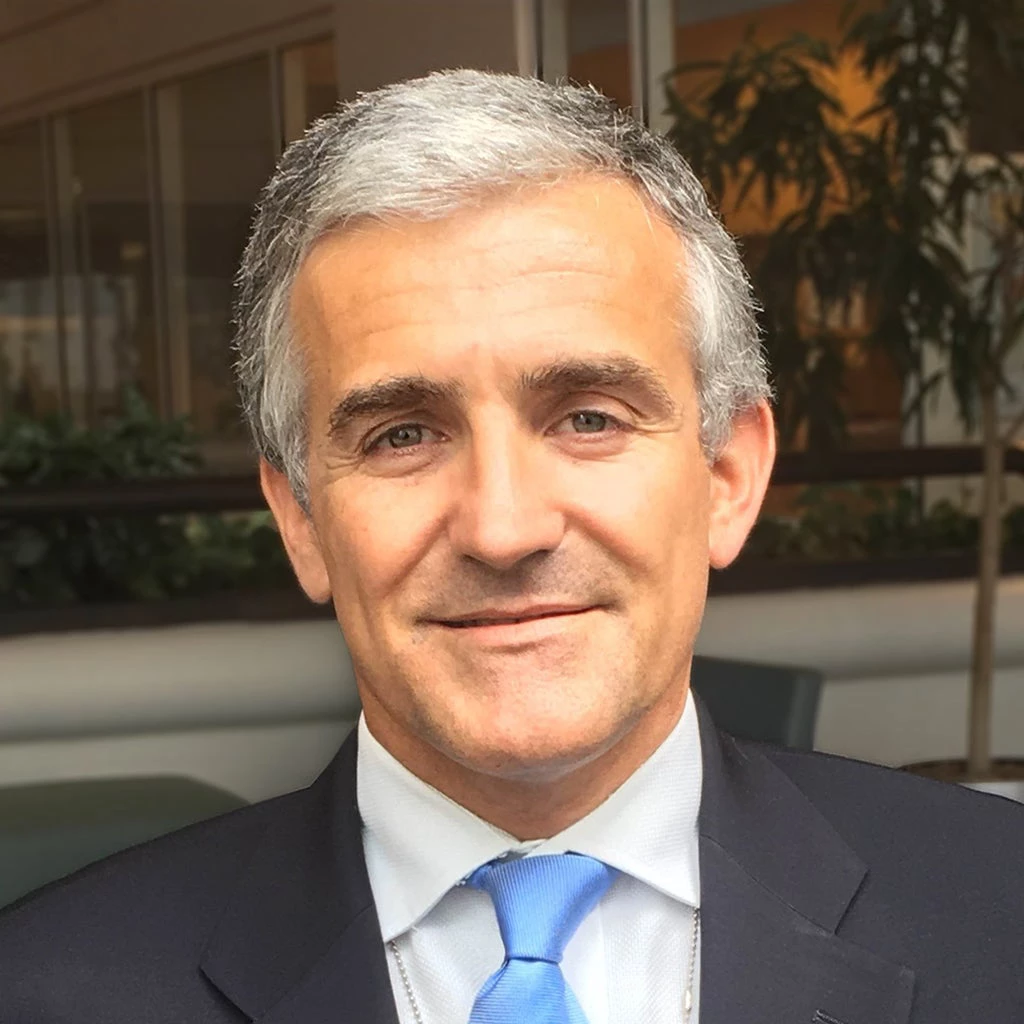 مشاهد من مخيم الزعتري للاجئين، الأردن. الصورة: صور الأمم المتحدة / مارك جارتن
مشاهد من مخيم الزعتري للاجئين، الأردن. الصورة: صور الأمم المتحدة / مارك جارتن
Even before COVID-19 hit, the world’s children were in the midst of a learning crisis. More than half (53%) of children in low- and middle-income countries are living in Learning Poverty, that is, they are unable to read and understand simple text by age 10, or the end of primary school. In poor countries, the level is as high as 80%. This crisis of learning not only limits possibilities for children, it threatens countries’ human capital development and undercuts their future economic growth .
The issues are especially acute for children in countries impacted by fragility conflict and violence (FCV). When children are forced to leave school due to armed conflict, natural disasters, political crises, or major disease outbreaks, they may never resume their education or acquire needed workforce training after the crises. Up to 34 million children, who constitute 40% of the world’s forcibly displaced persons, were typically excluded from education before displacement, and now lose additional years of education because of protracted displacement, leading to entire “lost generations”. Taking away access to education can fuel frustration, feelings of injustice, and a sense of unfairness, which, when added to unemployment, can increase a society’s risk of violent conflict .
The COVID-19 pandemic has significantly exacerbated this situation. While over 90% of children are presently out of schools, children in FCV situations are suffering much higher learning losses as they have little to no access to online or remote services. They also often have no access to school feeding and health services, which are often their main source of nutrition, deworming, and immunization. And they are at higher risk of never returning to school once schools reopen – the Malala Fund estimates, for example, that half of all refugee girls in school will not return when classrooms reopen. For children in displacement, this exclusion further fuels trauma, desperation, and violence.
The World Bank Group’s (WBG) institutional focus on the most vulnerable populations means that of our $20.6 billion total active investments in education, $5.4 billion is focused on populations affected by FCV, to build adaptable and resilient education systems that meet the needs of those living in the most challenging circumstances.
Cameroon, for example, has a long history of hosting refugees from neighboring countries, and generously hosts over 418,500 refugees from the Central African Republic and Nigeria. The Education Reform Support Project for Cameroon is helping improve access to quality pre-primary and primary education by focusing on public schools for both refugees and host communities. This investment is part of a multisectoral package responding to forced displacement in the country.
A lack of education disproportionately impacts women and girls, and people with disabilities. Limiting their opportunities in life, gender discrimination can slow down or even reverse human capital gains. In Pakistan, the Khyber Pakhtunkhwa Human Capital Investment Project is focused on improved availability and quality of educational opportunities for all children – especially refugees and girls – in selected refugee-hosting districts of Khyber Pakhtunkhwa province. Both in- and out-of-school children will benefit from the project, which will provide direct interventions to enhance children’s learning; finance the construction of additional classrooms; and measure children’s literacy and numeracy using a provincial assessment.
This project and many others are being adapted to address the current school disruptions resulting from the COVID-19 pandemic, which has further undermined efforts to educate refugees. Because of their living conditions, refugees are disproportionally affected by the pandemic and are often the first to miss school. To address the coronavirus, the WBG is restructuring operations or preparing 86 COVID-related education projects in 62 countries that amount to $2.4 billion, with a focus on the key drivers of learning : prepared learners, motivated and effective teachers, adequate resources and learning environments, and effective management and school leadership.
The Additional Financing to the Jordan Education Reform Support Program-for-Results – co-financed by the Global Concessional Financing Facility (GCFF) – will help to enroll all 5-year-old children beginning with the 2020-21 academic year, and provide distance learning in response to school closures. It will also guarantee the minimum health and safety standards for a safe return to school in the next academic year. The additional $100 million is a top-up of the original $200 million Program-for-Results in 2017 aimed at expanding access to early childhood education and improving student assessment, teaching, and learning conditions for Jordanian children and Syrian refugee children.
Similarly, under the Skilling up MASHREQ Initiative, Jordan and Lebanon have renewed their commitment to leveraging technology for the delivery of education services in response to COVID-19 school closures. In close collaboration with private sector providers, the WBG is supporting international and local partners to prepare 500,000 young women and men in Iraq, Jordan, and Lebanon for the digital economy.
In Jordan, an education portal, Darsak, was developed through a partnership between the Ministry of Education, the Ministry of Digital Economy and Entrepreneurship, and the private sector. In Lebanon, the Beirut Digital District Academy has teamed up with the Skilling UP MASHREQ Project and Code.org to offer free coding courses in English, French, and Arabic to students ages 6 to 18 across the country. Such partnerships are an important aspect of our development approach to education in crisis settings – working with governments, humanitarian agencies, and the international development community allows us to leverage different service providers, use alternative ways to deliver education, and ensure that learning continues under difficult conditions in the long-term.
Another key approach is to build curriculum and classroom practices that help address psychological trauma of children who have experienced conflict, crises, and displacement . For example, in Liberia after the Ebola crisis ended, the Ebola Recovery and Restoration Project (ERRP) funded the implementation of a Comfort for Kids (C4K) program that encouraged psychological healing and promoted resilience in children who had experienced a crisis or disaster. The C4K primarily centered on the “My Story” workbook and associated classroom activities, which provided children with the opportunity to express their emotions about their experiences through drawing, writing, and facilitated discussion. These programs contributed to the increase in school enrollment to levels higher than it was before the Ebola epidemic.
Investing in human capital with a special focus on the most vulnerable, including through education, is a key part of the recently released first World Bank Group strategy for FCV, which defines the institution’s development approach to fragile situations. Recognizing that up to two-thirds of the world’s extreme poor could live in such settings by 2030, the strategy is backed by $26 billion in financing over the next three years from the International Development Association (IDA), the World Bank’s fund for low income countries. This strong institutional commitment will be essential to support and foster more resilient and inclusive education systems as societies recover from the pandemic.
Editor’s note: this blog has been edited after publication to update the figure of IDA19 financing allocation for fragility, conflict, and violence-affected situations ($26 billion)



Join the Conversation